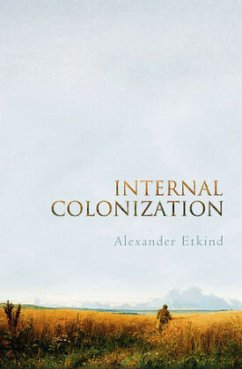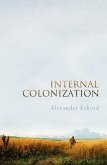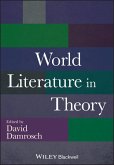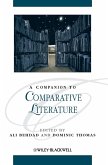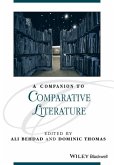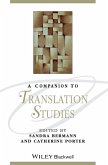This book gives a radically new reading of Russia's cultural history. Alexander Etkind traces how the Russian Empire conquered foreign territories and domesticated its own heartlands, thereby colonizing many peoples, Russians included. This vision of colonization as simultaneously internal and external, colonizing one's own people as well as others, is crucial for scholars of empire, colonialism and globalization.
Starting with the fur trade, which shaped its enormous territory, and ending with Russia's collapse in 1917, Etkind explores serfdom, the peasant commune, and other institutions of internal colonization. His account brings out the formative role of foreign colonies in Russia, the self-colonizing discourse of Russian classical historiography, and the revolutionary leaders' illusory hopes for an alliance with the exotic, pacifist sectarians. Transcending the boundaries between history and literature, Etkind examines striking writings about Russia's imperial experience, from Defoe to Tolstoy and from Gogol to Conrad.
This path-breaking book blends together historical, theoretical and literary analysis in a highly original way. It will be essential reading for students of Russian history and literature and for anyone interested in the literary and cultural aspects of colonization and its aftermath.
Hinweis: Dieser Artikel kann nur an eine deutsche Lieferadresse ausgeliefert werden.
Starting with the fur trade, which shaped its enormous territory, and ending with Russia's collapse in 1917, Etkind explores serfdom, the peasant commune, and other institutions of internal colonization. His account brings out the formative role of foreign colonies in Russia, the self-colonizing discourse of Russian classical historiography, and the revolutionary leaders' illusory hopes for an alliance with the exotic, pacifist sectarians. Transcending the boundaries between history and literature, Etkind examines striking writings about Russia's imperial experience, from Defoe to Tolstoy and from Gogol to Conrad.
This path-breaking book blends together historical, theoretical and literary analysis in a highly original way. It will be essential reading for students of Russian history and literature and for anyone interested in the literary and cultural aspects of colonization and its aftermath.
Hinweis: Dieser Artikel kann nur an eine deutsche Lieferadresse ausgeliefert werden.
"An exhaustingly original book, beautifully written and crafted so as to be eminently quotable. It will stand for decades to come as the central volume in the larger debates on empire." -- Nancy Condee, University of Pittsburgh
"An erudite and incisive interpretation of Russian history and culture. Indeed, one of the great virtues of this book is its sweeping range, covering several centuries of history and culture. It is well-known that Russia was a great and expansive empire. Etkind provides a striking new lens for seeing Russian culture and history, one that stresses the enduring process of internal colonization. Beyond scholars of Russia, this book should appeal to those interested in questions of colonialism and post-colonialism and in issues of comparative empire." -- Peter Holquist, University of Pennsylvania
"An erudite and incisive interpretation of Russian history and culture. Indeed, one of the great virtues of this book is its sweeping range, covering several centuries of history and culture. It is well-known that Russia was a great and expansive empire. Etkind provides a striking new lens for seeing Russian culture and history, one that stresses the enduring process of internal colonization. Beyond scholars of Russia, this book should appeal to those interested in questions of colonialism and post-colonialism and in issues of comparative empire." -- Peter Holquist, University of Pennsylvania

